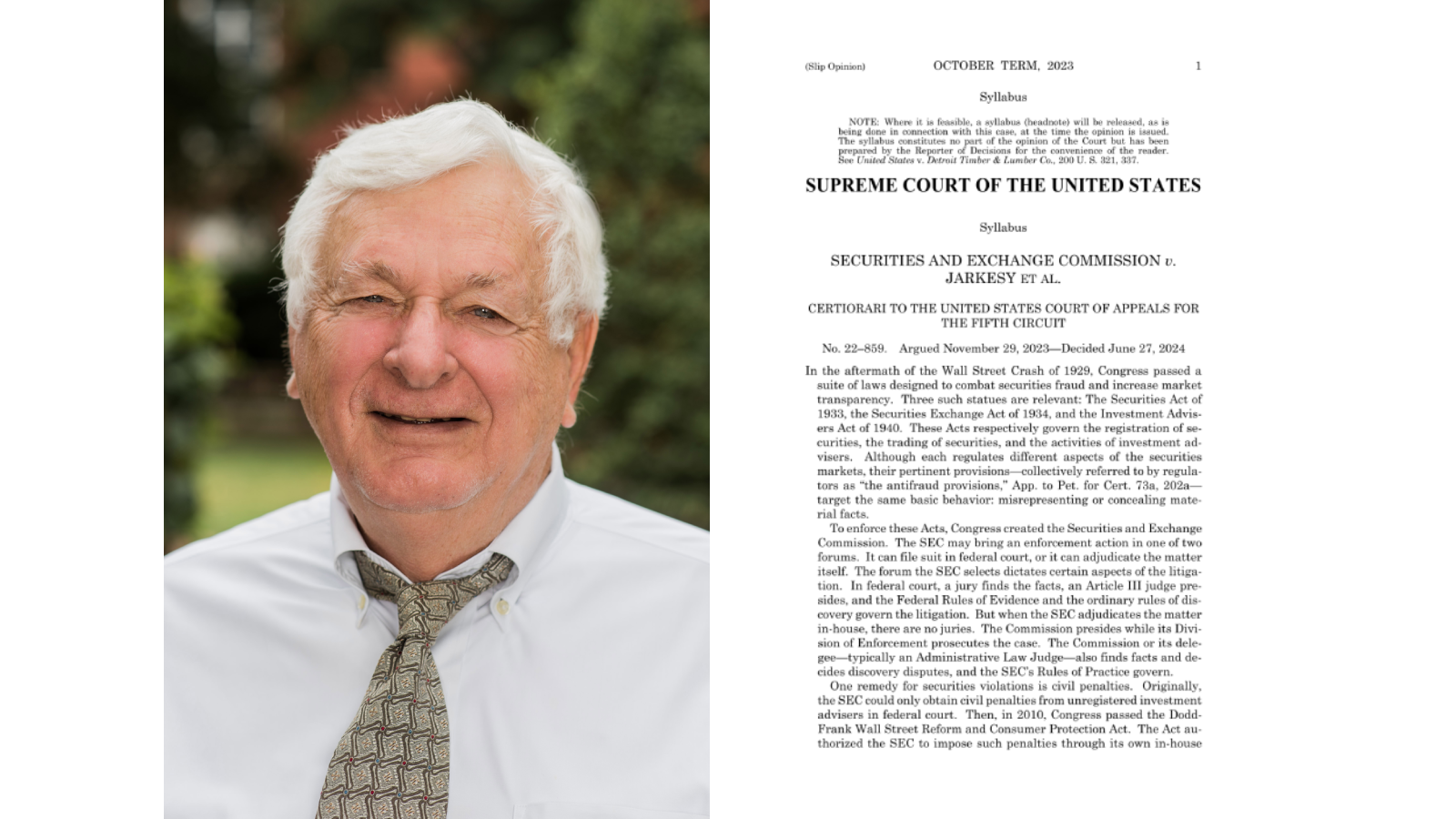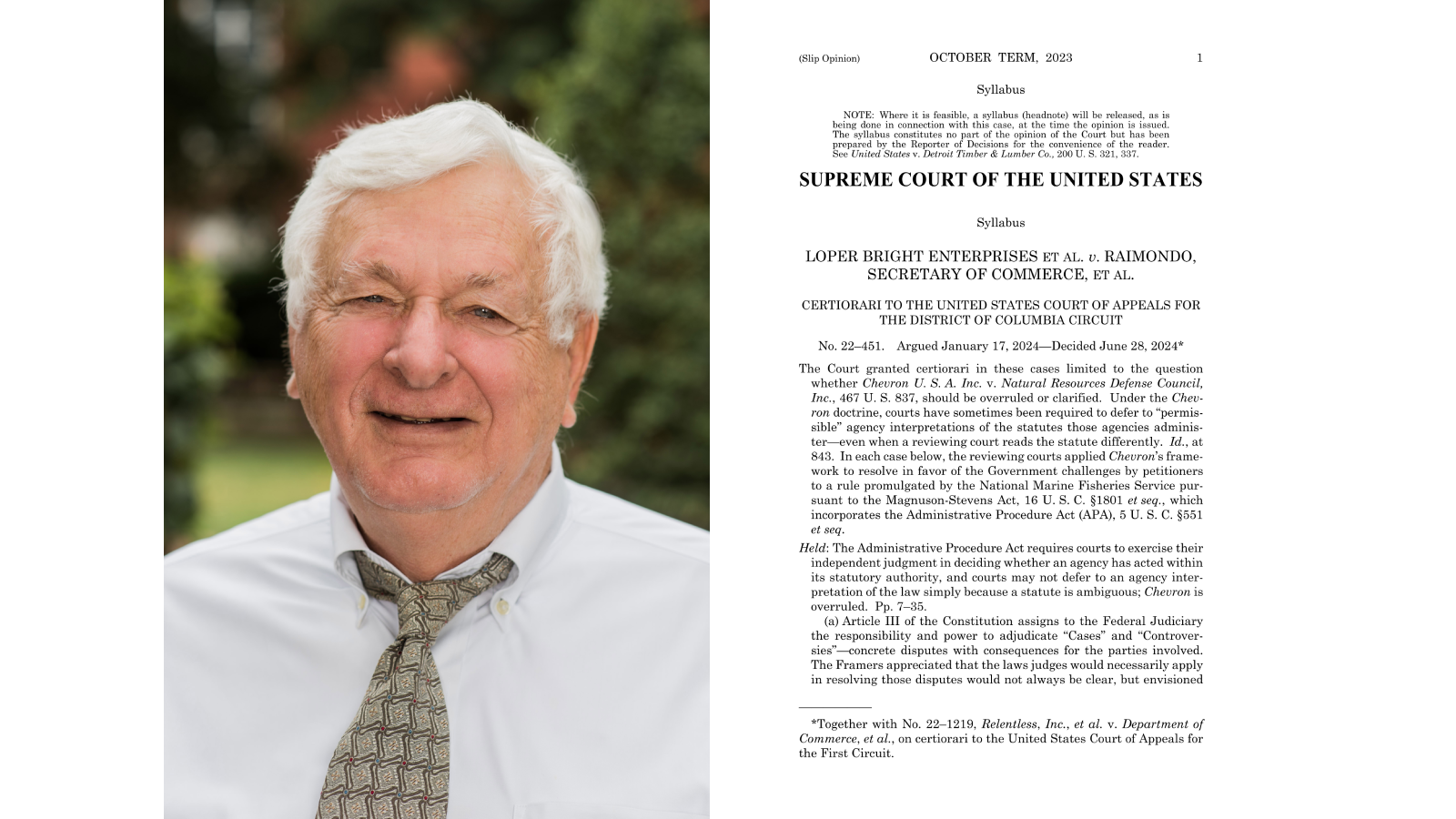The Small Business Prepack: How Subchapter V Paves the Way for Bankruptcy’s Fastest Cases
Christopher D. Hampson & Jeffrey A. Katz 92 Geo. Wash. L. Rev. 851 America has long styled itself as a place where entrepreneurs can dream big and—if things go well—make it big, too. But when small businesses fail, does the U.S. bankruptcy system provide a real opportunity to preserve value and try again? For decades,... Read More
Design Patents Aren’t Patents (And It’s a Good Thing Too)
Mark A. Lemley & Mark P. McKenna 92 Geo. Wash. L. Rev. 811 In design patent law, we have created a monster—a chimera, a hybrid that sometimes looks and acts like a patent regime and then, unexpectedly, doesn’t. Courts in design patent cases sometimes apply the rules as they would in utility patent cases, sometimes... Read More
The Curious Case of the James Brown Estate
Great musicians are larger than life, and the most iconic of them become members of an elite musical monarchy: Michael Jackson was the King of Pop, Aretha Franklin was the Queen of Soul, and Prince Rogers Nelson was Prince. Similarly, James Brown, the inventor of funk music, landed a seat at this table of legendary musicians. Although lacking a royal honorific, James Brown was “the Godfather of Soul.” The Godfather of Soul, though, shared more than musical prowess with these other iconic musicians. The estates of James Brown, Michael Jackson, Aretha Franklin, and Prince all continue to face legal obstacles—years after their deaths—many of which revolve around the artists’ copyright interests . . . .
United States v. Rahimi: Resisting the “Suicide Pact” For Now
August 13, 2024 United States v. Rahimi, 602 U.S. ___, No. 22-915 (June 21, 2024) Response by Professors Mary Anne Franks and Joan Meier Geo. Wash. L. Rev. On the Docket (Oct. Term 2023) Slip Opinion | SCOTUSblog United States v. Rahimi: Resisting the “Suicide Pact” for Now In 1949 and again in 1963, Supreme... Read More
Elhady Reversed: The Implications of Judicial Deference for Government Watchlist Plaintiffs
Priyanka Mara 92 Geo. Wash. L. Rev. Arguendo 45 Since their inception over twenty years ago, contemporary government terrorist watchlists have faced routine criticism. These watchlists are infamously secretive, with both the identities of the listees and the procedure for placement on the list largely undisclosed, despite government and public accountability investigations revealing errors, inconsistencies,... Read More
SEC v. Jarkesy: Agencies Cannot Adjudicate Most Civil Penalty Disputes
July 10, 2024 SEC v. Jarkesy, 603 U.S. ___, No. 22-859 (June 27, 2024) Response by Professor Richard Pierce Geo. Wash. L. Rev. On the Docket (Oct. Term 2023) Slip Opinion | SCOTUSblog SEC v. Jarkesy: Agencies Cannot Adjudicate Most Civil Penalty Disputes The Securities and Exchange Commission (SEC) has long had the power to... Read More
Legislation #FortheKids: Passing a Federal Age-Appropriate Design Code Act to Protect Adolescent Mental Health
Nicolette DeLorenzo 92 Geo. Wash. L. Rev. Arguendo 18 Social media platforms profit on their addictive designs that harm the mental health of adolescent users. Up to forty percent of platforms’ users, and therefore a large percentage of their profits, are minors. Some of the elements used to increase profit include targeted advertising and engagement-driven... Read More
Fischer v. United States: A Supposedly Textualist Court Ignores the Text
On January 6, 2021, Trump supporters attacked the U.S. Capitol to disrupt the certification of Joe Biden's election victory. In Fischer v. United States, the Supreme Court controversially ruled that these actions did not violate the law against obstructing official proceedings. Professor Eliason argues this decision contradicts both the statute's plain language and common sense.
Loper Bright Enterprises v. Raimondo: Chevron is Dead; Long Live Skidmore
Professor Pierce discusses the Supreme Court's landmark decision in Loper Bright Enterprises v. Raimondo, which overturns the Chevron deference doctrine. The ruling shifts the emphasis to independent judicial interpretation of statutes, moving away from automatic deference to agency interpretations. This change aligns with the principles of Skidmore v. Swift & Co., promoting a more nuanced approach to judicial review while still respecting agency expertise.
Helpful Industry or Officious Intermeddlers: Assessing U.S. Champerty Law Through the Lens of Third-Party Funding in International Dispute Resolution
Josef Wolfgang Paulson 92 Geo. Wash. L. Rev. 725 International commercial arbitration is experiencing a period of rapid growth as a means of dispute resolution. As arbitration can be an expensive process, there has also been a growth in the practice of third-party funding for arbitration. The old British common law doctrines of maintenance and champerty,... Read More




